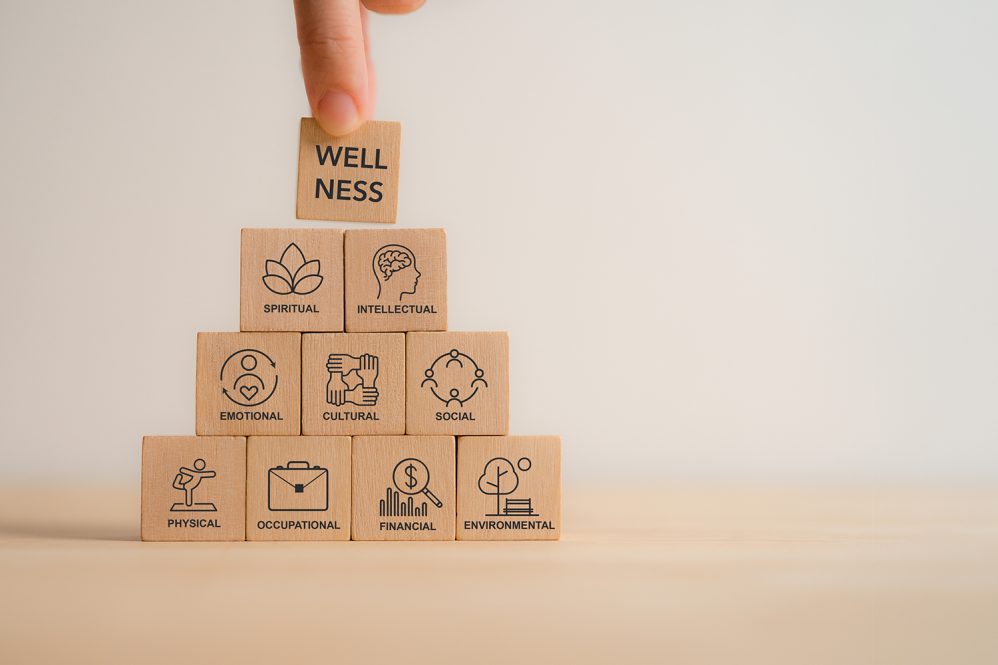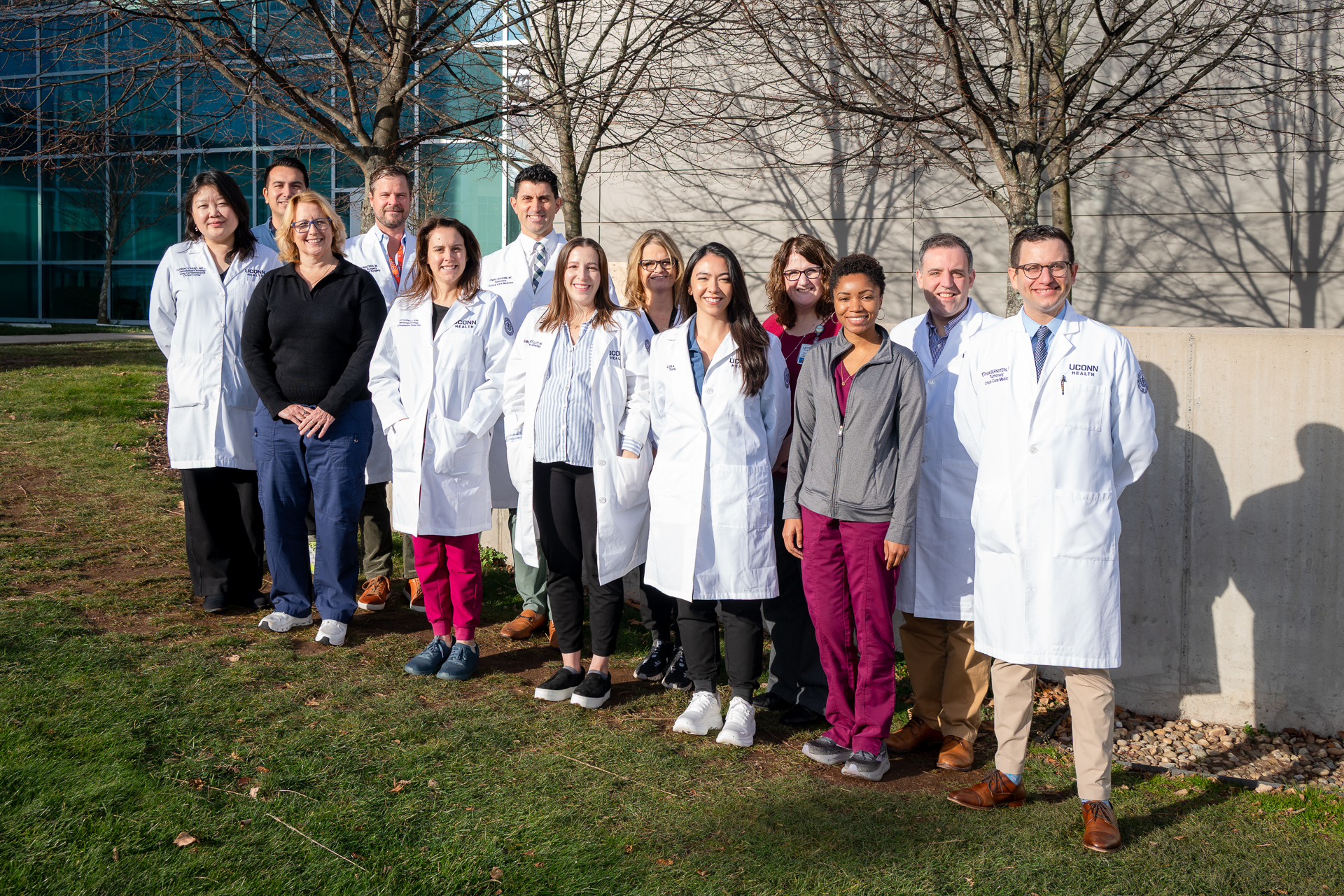UConn faculty and graduate students from the UConn Collaboratory on School and Child Health (CSCH) and the Mechanisms Underlying Mind-Body Interventions & Measurement of Emotional Well-Being (M3EWB) network have created a free, publicly available UConn mini-course called Emotional Well-being. The new mini-course contains learning modules and research briefs based on the content from a popular, one-credit UConn pop-up course called Feeling Well: The Science and Practice of Emotional Well-Being.
The multidisciplinary course, which was offered twice during the 2023-24 academic year and completed by over 2,000 students, focused on critical topics such as how emotional well-being affects physical and mental health, and presented information on how to develop tools to pursue emotional well-being at different life stages.
Sandra Chafouleas, Board of Trustees Distinguished Professor and Neag Endowed Professor of School Psychology in the Neag School of Education and co-director of CSCH, coordinated the Feeling Well pop-up course along with Beth Russell, professor in Human Development and Family Sciences in the College of Liberal Arts and Sciences, and Karen McComb, director of health promotion and community impact at UConn Student Health and Wellness. Chafouleas is principal investigator for the M3EWB network, along with UConn Waterbury Dean Fumiko Hoeft and Board of Trustees Distinguished Professor of Psychological Sciences Crystal Park. Eleven other faculty and staff from across the University’s departments and campuses contributed to the course’s modules.
“When we talk about emotional well-being, we’re talking about fundamental life skills that affect everything — how we handle stress, build relationships, and navigate challenges,” Chafouleas says. “From the start of developing the pop-up course, we aimed to find a way to make this interdisciplinary, evidence-based content freely accessible. Through this platform, we’re offering tools that everyone should be able to access as they understand and care for their emotional health.”
The new mini-course consolidates a lot of information from articles and briefs into a series exploring the what, why, and how of emotional well-being. Users will be able to navigate the resource in a way that works best for them by choosing which learning modules to explore and in what order. It is the hope of the mini-course team that those who complete the course will gain their own set of strategies to support them in their journey to feeling well.
When we talk about emotional well-being, we’re talking about fundamental life skills that affect everything … Through this platform, we’re offering tools that everyone should be able to access as they understand and care for their emotional health. — Sandra Chafouleas, co-director of CSCH
The work of UConn school psychology doctoral students was essential to getting the materials ready for the public.
“We wanted the course to spark curiosity, not just deliver content, so every element was designed to make people feel excited about learning and empowered to apply what they discover on their journey to emotional well-being,” says Kimmia Lyon, a doctoral candidate in the school psychology program.
“Getting to work on a project that will make emotional well-being more accessible and easier to understand for a wider audience has been exciting and meaningful,” says Lucie Lopez, another doctoral student in the program. “I hope people from all walks of life can take something away from this series.”
M3EWB and CSCH have previously partnered on seven briefs that were written for the pop-up course.
“Bringing this content to a broader audience has been part of the vision from the very beginning,” says Jessica Koslouski, assistant research professor in Educational Psychology, co-author of several of the briefs, and moderator of the pop-up course. “It has been a natural progression for this partnership.”
“Part of the CSCH mission is to disseminate evidence in actionable ways,” Chafouleas says. “We’re excited to bring this research-based information to a broader audience in ways that can support their emotional well-being journey.”
To access the new, free UConn mini-course, visit csch.uconn.edu/emotional-well-being.



